21 Superfoods For Glowing Skin You Should Stock Up On
Because these top, nutrition-rich foods are the heroes that can save the day for your skin.
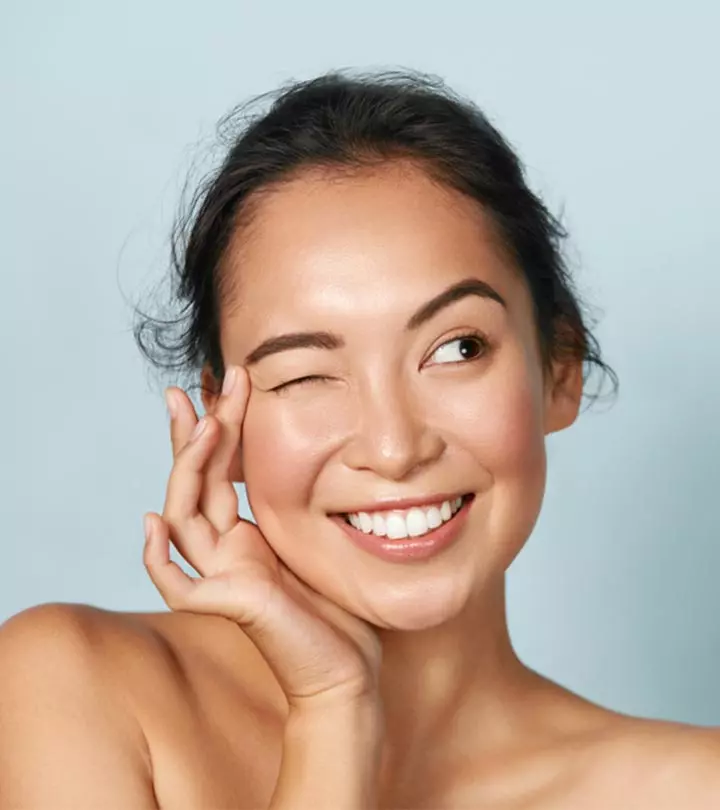
Image: Shutterstock
Believe it or not, many people eat certain superfoods for glowing skin. Superfoods make you look and feel better. In addition, research has also shown a link between good nutrition and skin health (1).
It may be easier to use skin care products, but including certain superfoods in your diet is far more delicious, inexpensive, and more effective at making your skin glow than any product. Check out the best 20 superfoods for glowing skin listed below. Read on!
In This Article
Top 20 Superfoods For Glowing Skin
1. Chia Seeds
Chia seeds are among the richest sources of omega-3 fatty acids. They promote healthy skin cell function (2).
Among the other benefits of chia seeds for skin include (2):
- They boost skin hydration.
- The omega-3 fatty acids in chia seeds may help soothe inflammation and keep skin radiant and healthy.
2. Avocados
Avocados are rich in monounsaturated fatty acids. They are known to hydrate the skin and may help reduce the risk of premature aging caused by ultraviolet radiation (3).
Among the other important benefits of avocado for skin include (3):
- Avocados are a potent source of fats that help protect the skin from sun damage.
- Avocados are also a great source of vitamin E. The nutrient may offer antioxidant benefits to the skin.
Carol Nyazika, a blogger, used a body oil that she made using avocado, sweet almond, and vitamin E oil on her body to get soft, glowing skin. Initially, she started using the oil on her face and later applied it to her body. She wrote, “I started off using this oil for my face then one day after exfoliating my skin, I decided to use the oil on the rest of my body! And OH MY! How lovely it felt! Not heavy, light enough to not leave my skin dry and painful like other creams I have experienced (i).”
3. Ginger
Ginger is known for its antioxidant and anti-inflammatory properties (4). It also may help soothe the skin.
Among the other benefits of ginger for skin include (4):
- Ginger is known to help reduce the risk of skin cancers.
- The antioxidants in ginger may help preserve skin collagen, although more research is warranted in this regard.
- Some believe refined ginger (made up of active plant cells) may help improve skin structure.
- The easiest way to reap the benefits of ginger for the skin is by cooking with fresh ginger. For better and targeted results, rub a small slice of fresh ginger on the skin up to three times a day.
4. Tomatoes
Tomatoes are rich in antioxidants, vitamin C, potassium, vitamin A, vitamin B, and magnesium. They may help reduce the signs of aging and even protect from skin damage (5).
Other benefits of incorporating tomatoes into your skincare routine include:
- Several compounds in tomatoes, such as lutein, lycopene, and vitamin E have anti-inflammatory properties. The beta-carotene in tomatoes may help ease the pain associated with skin issues and even reduce skin irritation or sunburn (6).
- Tomatoes are also rich in vitamin C(5). The nutrient may help boost collagen production.
5. Oatmeal
Oatmeal has antioxidant and anti-inflammatory properties that help relieve atopic dermatitis and some forms of acne (7).
The other benefits of oatmeal for skin include:
- The antioxidant and anti-inflammatory properties in oatmeal may help treat dry skin (7).
- The saponins in the oatmeal act as natural cleansers and remove the dirt and oil clogging the skin pores (8).
- The zinc in oatmeal may reduce inflammation and kills the acne-causing bacteria(9).
A blogger shared her recipe for an oatmeal cleanser. She applies it to her face and hands and describes the experience, “After reading so much about the benefits of oatmeal for your skin, I started to incorporate it into my beauty regime about a year or so ago, with amazing results! It’s so gentle to use, and because my skin can sometimes become very sensitive and easily irritated, it really soothed things out for me (ii).”
 Trivia
Trivia6. Artichokes
Each part of the artichoke plant, including the stem, leaf, and root can be used for skin care. Artichokes contain high levels of vitamins and antioxidants that may promote skin health (10).
The other benefits of artichokes for skin include (10):
- The vitamin C in artichokes may repair damaged skin cells and potentially brighten the skin.
- It reduces wrinkles and other signs of early aging.
- It also may help tighten skin pores.
7. Sweet Potatoes
The vitamin A (or beta-carotene) in sweet potatoes helps treat acne and promote skin health(11).
Other benefits of sweet potatoes for skin include (11):
- The beta carotene in sweet potatoes helps protect you from excessive sun exposure.
- When consumed regularly, the beta carotene in sweet potatoes also helps prevent skin cell death and helps treat rough, dry, and wrinkled skin.
8. Sardines
Sardines are rich in EPA and DHA, which are constituents of fish oil. These were found to protect skin from UV radiation. These also have anti-inflammatory properties (12).
Other benefits of sardines for skin include:
- The selenium in sardines may promote skin barrier function. However, more research is warranted in this regard.
- The vitamin D in the fish may improve skin appearance.
9. Egg Whites
The protein in egg whites may help smoothen and rejuvenate the skin. It also may help diminish the excess oils (13).
Other benefits of egg whites for skin include (13):
- Egg white is known to have skin-tightening effects too.
- Using an egg white mask on a regular basis may hydrate skin and prevent excess dryness.
10. Quinoa
The protein in quinoa may play a role in skincare (14).
Other benefits of quinoa for skin include (14):
- May help improve skin elasticity and enable the production of connective tissue. However, more research is warranted in this regard.
- Some believe quinoa also helps promote collagen production.
11. Spinach
Some research suggests that the antioxidants in spinach may help reduce the risk of skin cancer (15).
- Spinach may also reduce inflammation and acne breakouts. However, more research is warranted in this regard.
12. Bell Peppers
Bell peppers are known to have skin photoprotective effects. They also protect the skin from UV-induced skin damage (16).
Other benefits of bell peppers for skin include (16):
- They may help reduce the signs of aging.
- 2451 participants, of which 394 were suffering from sarcopenia (aging-related muscle loss), were included in a study to examine whether the consumption of sweet peppers improved the condition. The odds ratio was 1 for those who never consumed pepper, 0.73 for those who consumed it at least once a week, and 0.66 for those who consumed it more than 2-3 times a week.
- Their antioxidants may protect the skin from free radical damage.
13. Paprika
Paprika contains certain compounds (called xanthophylls) known to suppress UV-induced skin damage (17). Its antioxidants may also promote skin health and reduce the risk of premature aging.
Other benefits of paprika for skin include:
- The vitamin C and antioxidants in paprika may protect the skin from damage by free radicals.
- Vitamin C may also promote collagen production and accelerate healing. However, more research is warranted in this regard.
14. Turmeric
Turmeric contains curcumin, a powerful antioxidant that combats free radicals. Curcumin may also help treat acne, atopic dermatitis, psoriasis, and facial photoaging (18).
Other benefits of turmeric for skin may include:
- Turmeric may promote collagen synthesis and enhance skin firmness and elasticity. Mice studies show that it may also prevent wrinkles (19).
- Applying a turmeric face mask may help reduce acne and any other resulting scars.
- Turmeric has several anti-inflammatory properties that may help calm your skin.
 Trivia
Trivia15. Dark Chocolate
Cocoa is rich in antioxidants. It can protect the skin from free radical damage and any harm from UV exposure (20).
Other benefits of dark chocolate for skin include (20):
- It reduces stress hormones and may decrease collagen breakdown. This could keep you looking younger for longer.
- It is rich in various essential vitamins, iron, and calcium that may moisturize the skin. However, more research is warranted in this regard.
16. Blueberries
The antioxidants in blueberries can protect the skin from damage due to environmental pollution (21).
Other benefits of blueberries for skin include (21):
- The antioxidants in blueberries help fight and neutralize the free radicals, which may otherwise damage the skin cells and collagen and cause premature signs of aging.
- The vitamins in blueberries help normalize the oil levels in your skin and may help reduce acne.
17. Almonds
The vitamin E in almonds helps reduce the signs of aging and nourish your skin. Vitamin E also has various antioxidant properties known to block free radicals and help reduce the signs of premature aging (22).
Other benefits of almonds for the skin include (23):
- Almonds may help reduce wrinkles in postmenopausal women.
- Almonds may also help reduce acne; however, more information is needed in this regard.
18. Olive Oil
Olive oil may have anti-inflammatory, antioxidant, and wound-healing effects on the skin (24). Using olive oil for glowing skin is a common way to maintain skin health (25):
- Olive oil has great moisturizing properties and is known to hydrate your skin.
- Olive oil may help reduce acne by killing the acne-causing bacteria. However, more research is warranted in this regard.
19. Green Tea
Green tea contains the antioxidant EGCG which helps rejuvenate dying skin cells. EGCG protects the skin from UV damage. It also may combat the premature signs of aging (26).
Other benefits of green tea for skin include (26):
- It may reduce the risk of skin cancer in humans.
- Green tea’s anti-inflammatory properties may help reduce skin irritation, redness, and sunburn.
20. Lemons
Lemons are packed with vitamin C. This nutrient helps neutralize free radicals and stimulates collagen synthesis. It may reduce the signs of premature skin aging (27).
Among the other benefits of lemon for skin include (28):
- Lemons may inhibit oxidative stress in the skin.
- Lemons may also help treat acne.
21. Beetroot
The intake or topical use of beetroot extract may help you achieve radiant skin. In a study conducted on HR-1 hairless mice, the oral intake of beet extract proved effective in preventing disturbances in the skin barrier function (29).
Beet extract offers other noteworthy benefits for skin health (30):
Beetroot may inhibit oxidative stress in the skin.
It may reduce the risk of skin cancer in humans.
It has several anti-inflammatory properties that help calm the skin.
Include fresh beetroot in your diet, either by consuming it raw, as a juice, or in salads and dishes. You can also apply beetroot paste to your face. Leave it on for about 15-20 minutes, and then rinse.
This list of 21 foods for healthy skin is a great starting point to get glowing skin. In the section below, you will see how you can use these superfoods to create healthy recipes and skincare concoctions.
Key Takeaways
- Incorporating certain superfoods into your diet can make your skin glow.
- Foods like chia seeds, avocados, tomatoes, and ginger can hydrate the skin from within and improve your complexion.
- Turmeric, spinach, and green tea are rich in antioxidants that combat free radical damage.
Infographic: Superfood Recipes – Face Mask And Healthy Drink
Consuming superfoods may help improve your skin as well as your overall health. They improve your nutrition intake and help your body remain healthy. In addition to eating them regularly, you can also apply these superfoods topically for glowing and youthful skin.
Check out the infographic below to learn how to prepare a DIY face mask and a healthy drink with some of the superfoods discussed in this article.
![superfood recipes face mask and healthy drink [infographic]](https://cdn2.stylecraze.com/wp-content/uploads/2022/08/Superfood-Recipes--Face-Mask-And-Healthy-Drink-scaled.jpg.webp)
When it comes to your skin, one thing is certain: what you eat directly impacts your look. So if you are not eating superfoods for glowing skin and instead relying on processed meals or foods high in sugar and fat, it can manifest as dull skin and other problems.
But do not be concerned! The superfoods mentioned above are beneficial to your skin health. These foods are high in essential nutrients good for your skin. Following a thorough skin care plan and including these foods in your daily diet will help you look younger. Creating a diet plan for glowing skin is easier now that you know about these superfoods. So, what exactly are you waiting for? Now is the time to stock up on these skin superfoods!
Frequently Asked Questions
Which foods should you avoid for glowing skin?
Avoid oily, spicy, and salty foods. You also can try to avoid refined or highly processed foods and carbonated drinks. What you eat has an impact on your skin health, and eating junk food can impair skin rejuvenation.
What supplements should I take for glowing skin?
Consider taking vitamin supplements, including vitamins C, E, B3, B5, or D (under the supervision of your dermatologist), to achieve radiant skin.
Discover the top 5 superfoods that can promote your skin health in this comprehensive video. Check it out as it details the importance of choosing organic foods for radiant skin and ways to incorporate these foods into your eating plan.
Personal Experience: Sources
StyleCraze's articles are interwoven with authentic personal narratives that provide depth and resonance to our content. Below are the sources of the personal accounts referenced in this article.
(i) My Glowing Body Skin Oil | DIY
https://ndanaka.wordpress.com/2014/11/05/my-glowing-body-skin-oil-diy/#more-177
(ii) Oatmeal- A Natural Cleanser
https://skindividualblog.wordpress.com/2014/05/08/oatmeal-a-natural-cleanser/
References
Articles on StyleCraze are backed by verified information from peer-reviewed and academic research papers, reputed organizations, research institutions, and medical associations to ensure accuracy and relevance. Read our editorial policy to learn more.
- Diet and Dermatology
https://www.ncbi.nlm.nih.gov/pmc/articles/PMC4106357/ - Nutritional and therapeutic perspectives of Chia (Salvia hispanica L.): a review
https://www.ncbi.nlm.nih.gov/pmc/articles/PMC4926888/ - Hass Avocado Composition and Potential Health Effects
https://www.ncbi.nlm.nih.gov/pmc/articles/PMC3664913/ - Anti-Oxidative and Anti-Inflammatory Effects of Ginger in Health and Physical Activity: Review of Current Evidence
https://www.ncbi.nlm.nih.gov/pmc/articles/PMC3665023/ - Tomato-A Natural Medicine and Its Health Benefits INTRODUCTION:
https://www.researchgate.net/publication/285176270_Tomato-A_Natural_Medicine_and_Its_Health_Benefits_INTRODUCTION_Tomatoes_are_a_member_of - Enhancing the Health-Promoting Effects of Tomato Fruit for Biofortified Food
https://www.ncbi.nlm.nih.gov/pmc/articles/PMC3972926/ - Oatmeal in dermatology: a brief review
https://pubmed.ncbi.nlm.nih.gov/22421643/ - Colloidal oatmeal: history, chemistry and clinical properties
https://pubmed.ncbi.nlm.nih.gov/17373175/ - The Nutrition Source
https://nutritionsource.hsph.harvard.edu/food-features/oats/ - Artichoke Polyphenols Produce Skin Anti-Age Effects by Improving Endothelial Cell Integrity and Functionality.
https://www.ncbi.nlm.nih.gov/pmc/articles/PMC6278506/#:~:text=The%20results%2C%20reported%20in%20Figure,with%20a%20placebo%20cream%20only.&text=Clinical%20tests%20on%20human%20skin - Discovering the link between nutrition and skin aging
https://www.ncbi.nlm.nih.gov/pmc/articles/PMC3583891/ - Cosmetic and Therapeutic Applications of Fish Oils Fatty Acids on the Skin
https://www.ncbi.nlm.nih.gov/pmc/articles/PMC6117694/ - Effectiveness of Homemade and Commercialised Egg White Mask Amongst Medical Students of Melaka Manipal Medical College A Parallel Randomized Controlled Study
http://www.aiscience.org/journal/paperInfo/ajfsh?paperId=4796 - Innovations in Health Value and Functional Food Development of Quinoa (Chenopodium quinoa Willd.)
https://www.ncbi.nlm.nih.gov/pmc/articles/PMC4957693/ - Functional properties of spinach (Spinacia oleracea L.) phytochemicals and bioactives.
https://pubmed.ncbi.nlm.nih.gov/27353735/ - Carotenoids of Capsicum Fruits: Pigment Profile and Health-Promoting Functional Attributes
https://www.ncbi.nlm.nih.gov/pmc/articles/PMC6827103/ - Effects of Dietary Paprika Xanthophylls on Ultraviolet Light-Induced Skin Damage: A Double-Blind Placebo-Controlled Study
https://pubmed.ncbi.nlm.nih.gov/29877227/ - Effects of Turmeric (Curcuma longa) on Skin Health: A Systematic Review of the Clinical Evidence
https://pubmed.ncbi.nlm.nih.gov/27213821/ - Effects of a turmeric extract (Curcuma longa) on chronic ultraviolet B irradiation-induced skin damage in melanin-possessing hairless mice
https://pubmed.ncbi.nlm.nih.gov/19577913/ - Cocoa and Chocolate in Human Health and Disease
https://www.ncbi.nlm.nih.gov/pmc/articles/PMC4696435/ - Blueberry Extracts as a Novel Approach to Prevent Ozone-Induced Cutaneous Inflammasome Activation
https://www.ncbi.nlm.nih.gov/pmc/articles/PMC7443250/ - Vitamin E in dermatology
https://www.ncbi.nlm.nih.gov/pmc/articles/PMC4976416/ - Prospective randomized controlled pilot study on the effects of almond consumption on skin lipids and wrinkles
https://www.ncbi.nlm.nih.gov/pmc/articles/PMC6916293/ - Anti-Inflammatory and Skin Barrier Repair Effects of Topical Application of Some Plant Oils
https://www.ncbi.nlm.nih.gov/pmc/articles/PMC5796020/ - A Review of Acne in Ethnic Skin
https://www.ncbi.nlm.nih.gov/pmc/articles/PMC2921746/ - Protective Mechanisms of Green Tea Polyphenols in Skin
https://www.ncbi.nlm.nih.gov/pmc/articles/PMC3390139/#:~:text=Another%20study%20observed%20that%20regular,from%20the%20radiation%20%5B65%5D. - The Roles of Vitamin C in Skin Health
https://www.ncbi.nlm.nih.gov/pmc/articles/PMC5579659/ - Citrus limon (Lemon) PhenomenonA Review of the Chemistry, Pharmacological Properties, Applications in the Modern Pharmaceutical, Food, and Cosmetics Industries, and Biotechnological Studies
https://www.ncbi.nlm.nih.gov/pmc/articles/PMC7020168/ - Oral intake of beet extract provides protection against skin barrier impairment in hairless mice
https://pubmed.ncbi.nlm.nih.gov/22949397/ - Beetroot as a functional food with huge health benefits: Antioxidant, antitumor, physical function, and chronic metabolomics activity
https://www.ncbi.nlm.nih.gov/pmc/articles/PMC8565237/
Read full bio of Dr. Suchana Marahatta
Read full bio of Arshiya Syeda
Read full bio of Ramona Sinha
Read full bio of Monomita Chakraborty







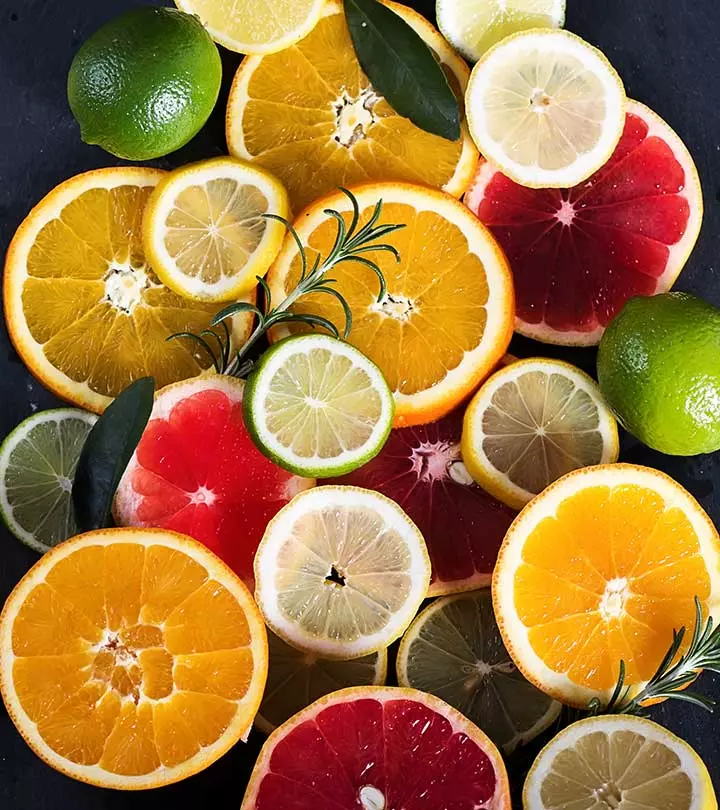
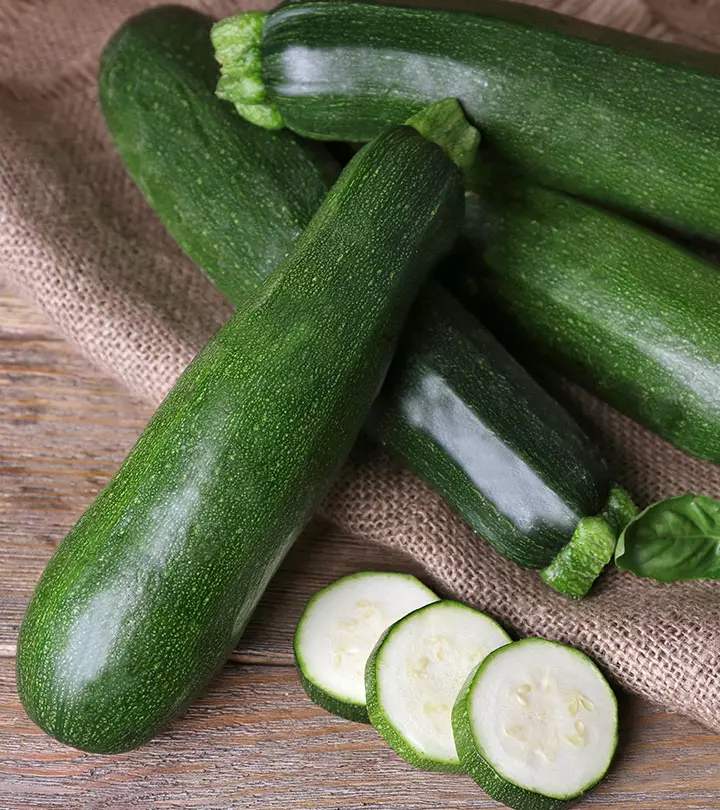
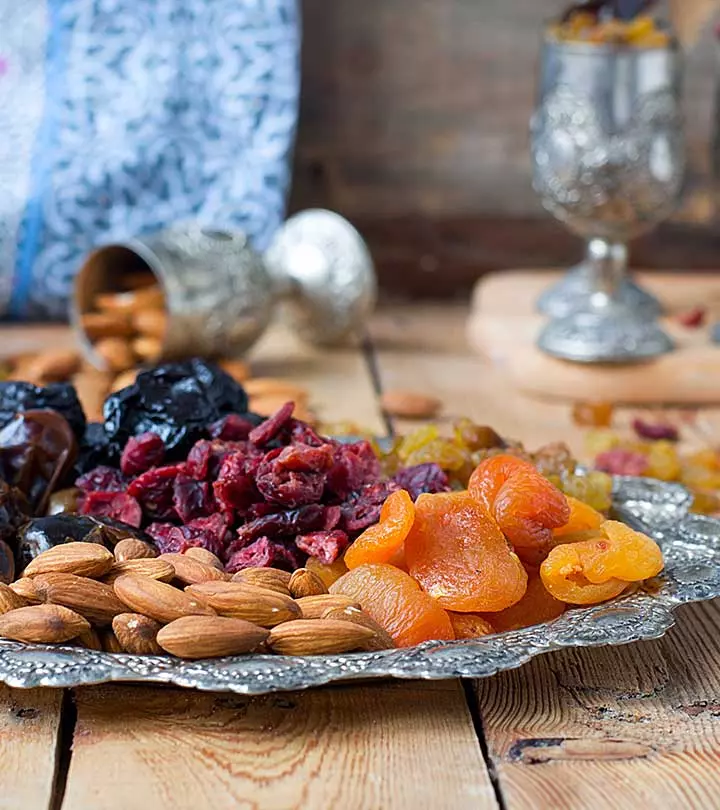
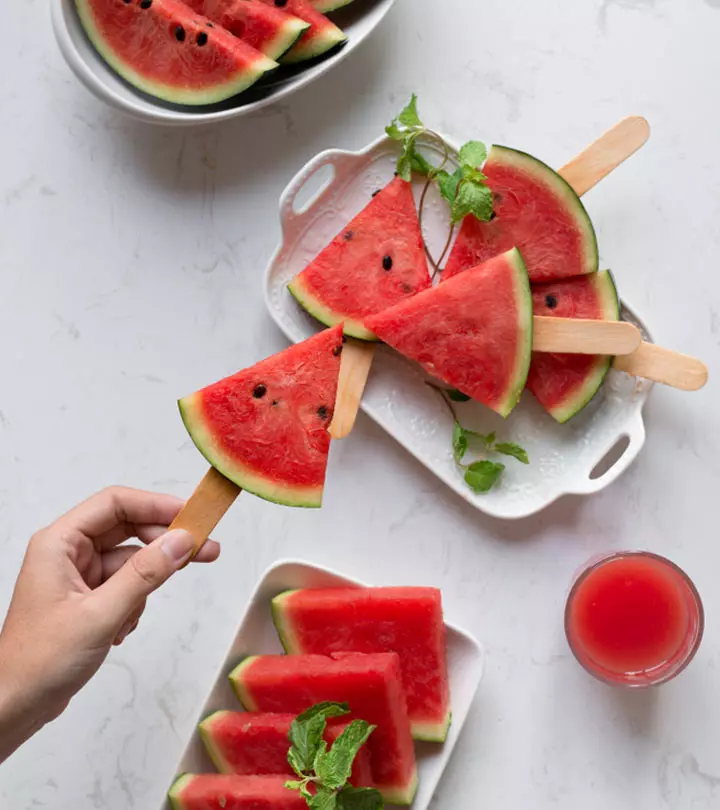
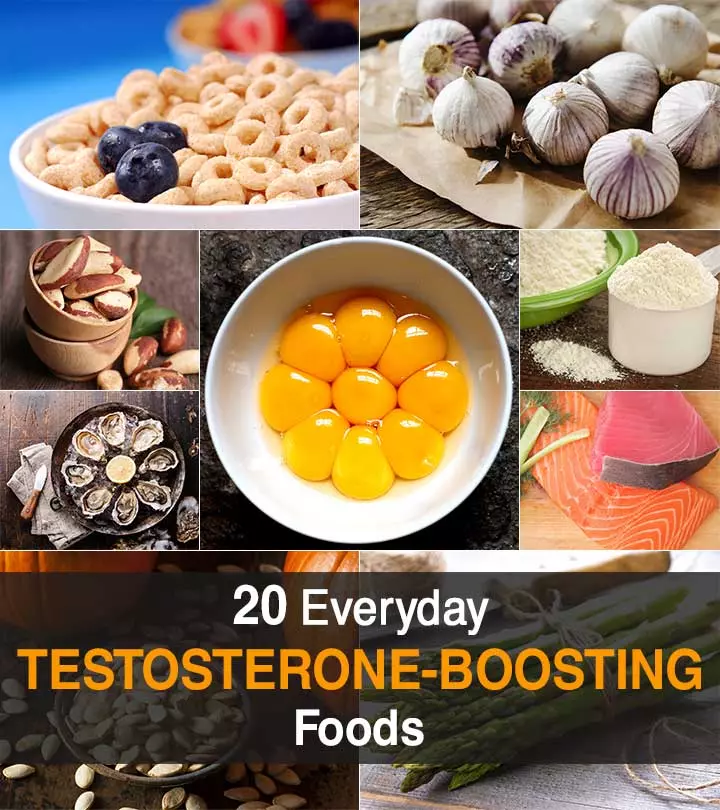

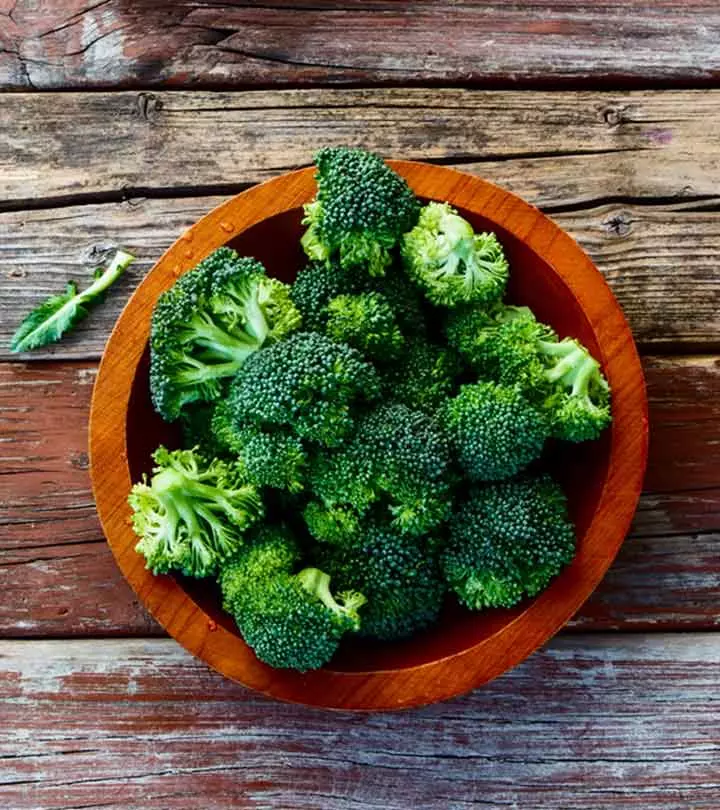


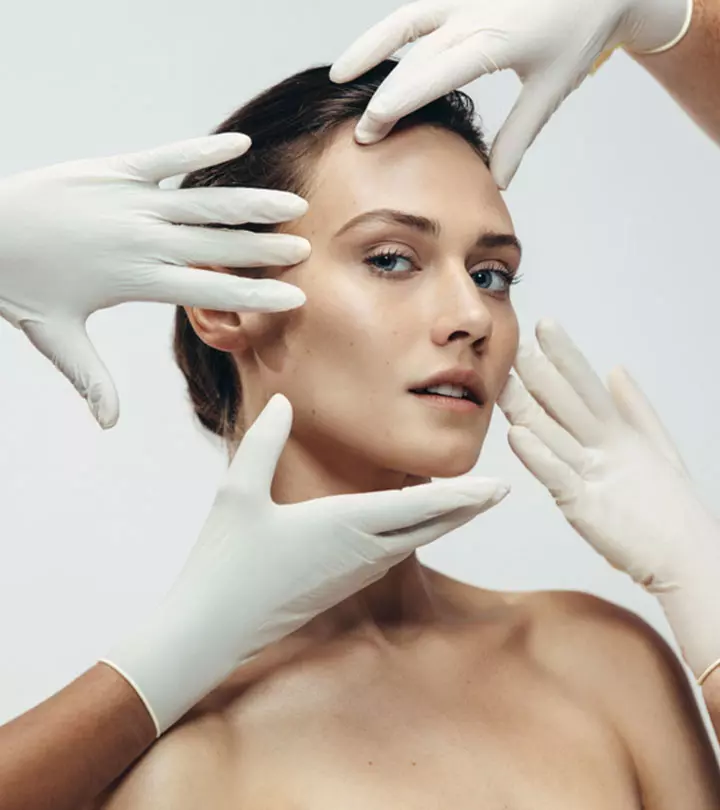
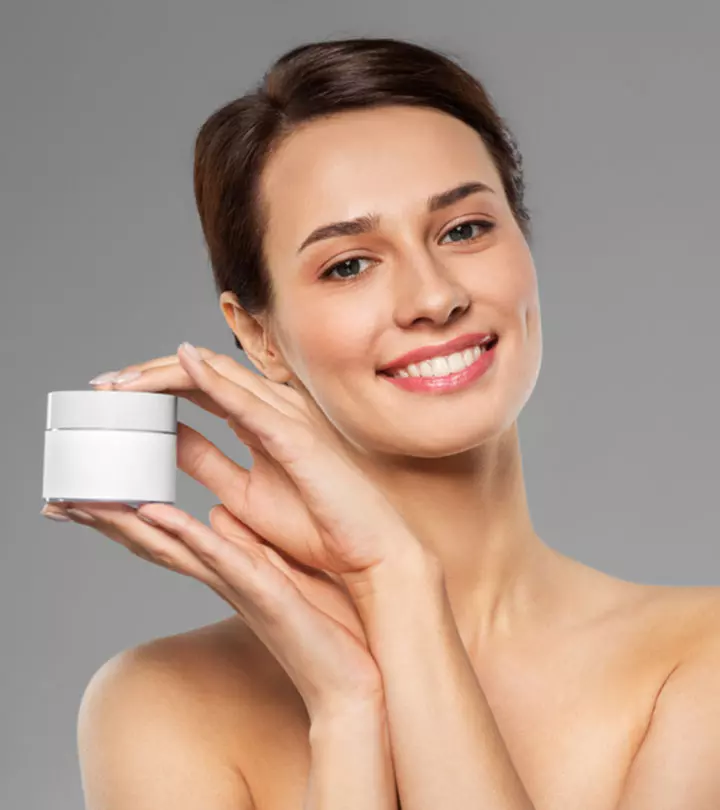
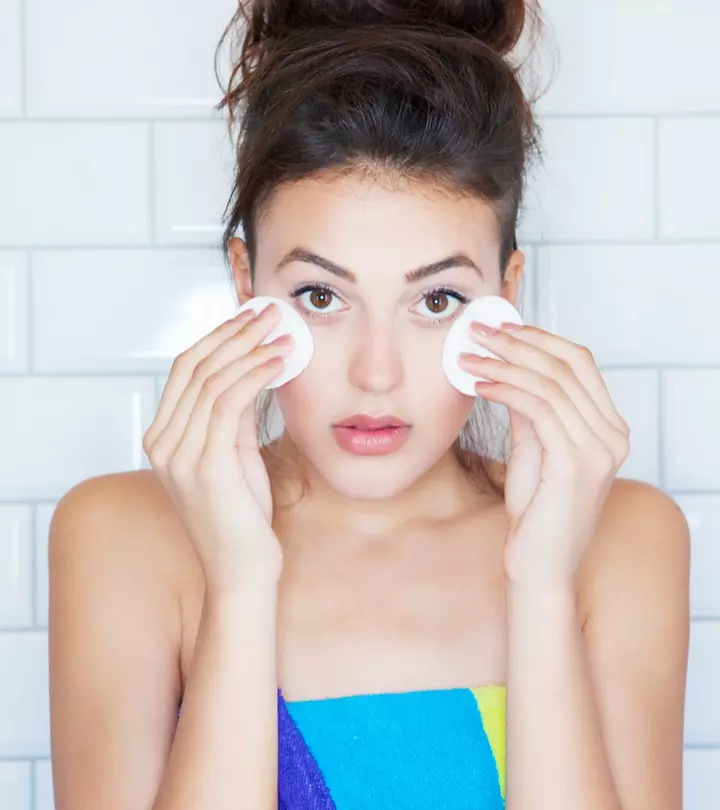

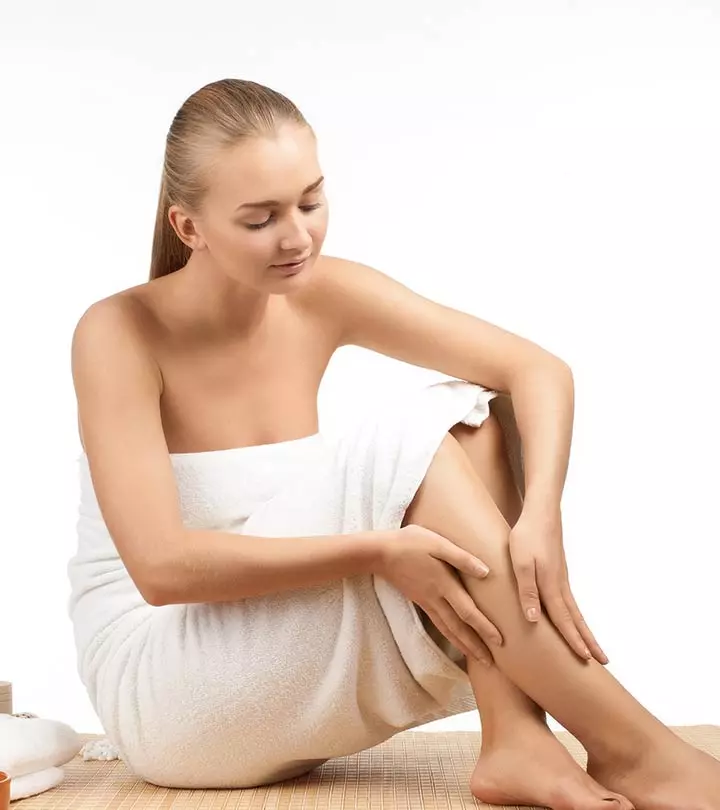
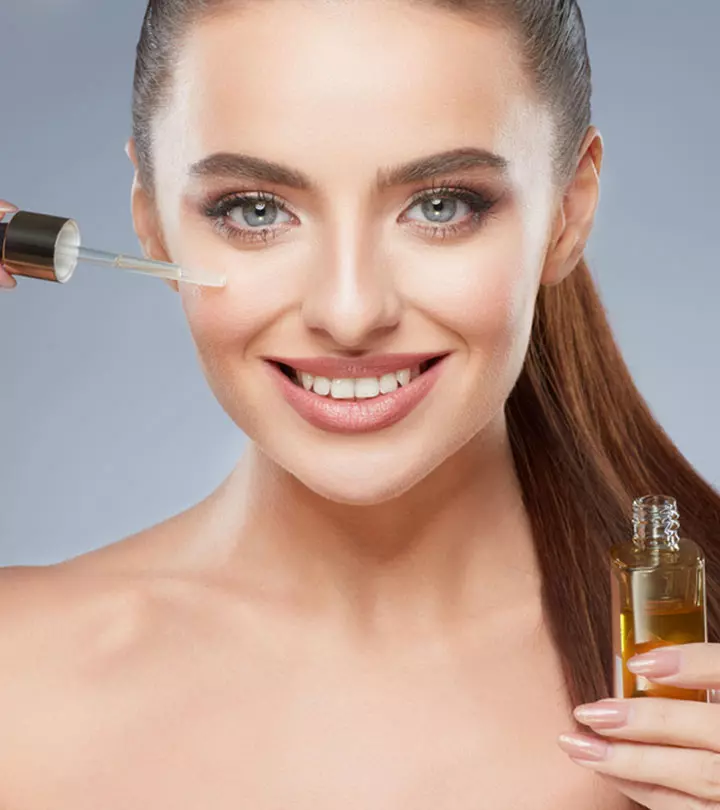


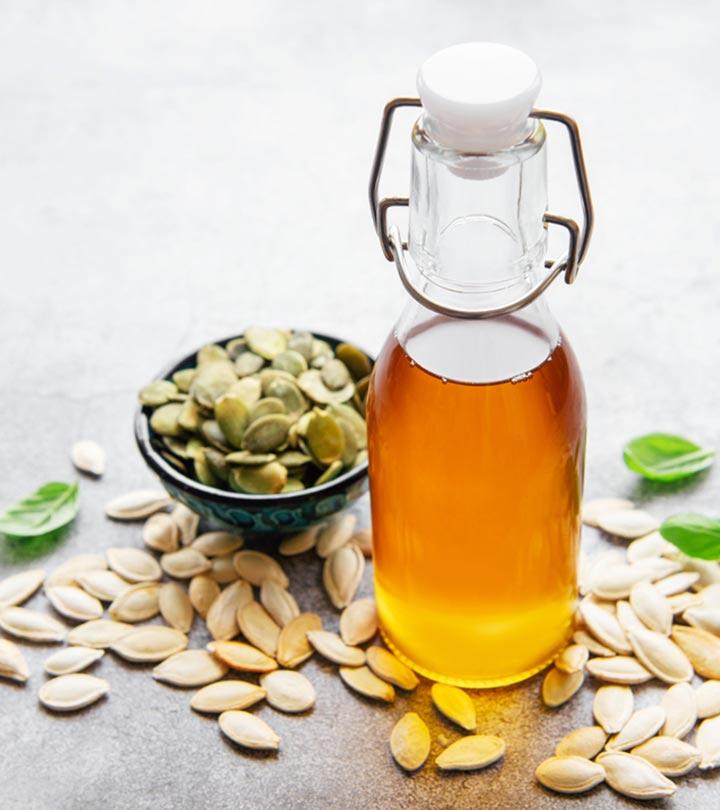
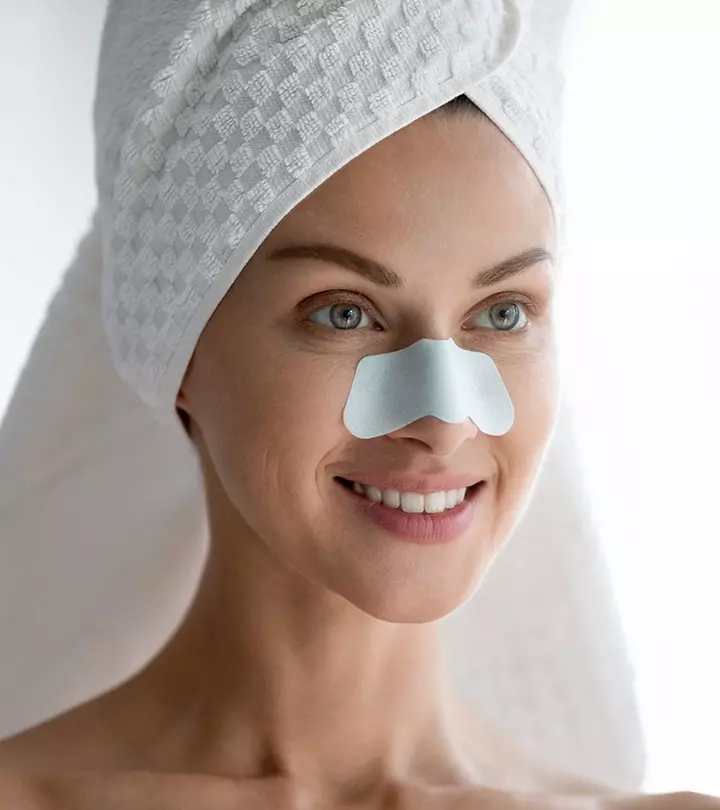
Community Experiences
Join the conversation and become a part of our empowering community! Share your stories, experiences, and insights to connect with other beauty, lifestyle, and health enthusiasts.